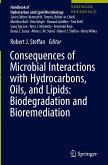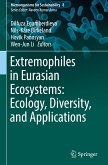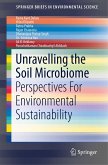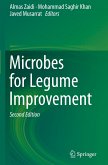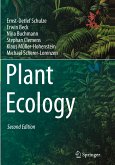This fully updated new edition provides an overview on the advances in understanding microbial responses to hydrocarbons. The book is organized in 5 parts:
Problems of Hydrophobicity, BioavailabilitySensing, Signaling and UptakeProblems of Solventogenicity, Solvent ToleranceProblems of Feast or FamineHydrophobic Modifications of Biomolecules
Topics covered include mechanisms of sensing, hydrocarbon tolerance and degradation as well as an overview on hydrophobic modification of biomolecules. Other chapters are dedicated to issues related to the reduced bioavailability of hydrocarbons, which differentiates this class of compounds form many others, but which is of central importance to understand the ecophysiological consequences.
This book is essential reading for any laboratory engaged in this field.
Problems of Hydrophobicity, BioavailabilitySensing, Signaling and UptakeProblems of Solventogenicity, Solvent ToleranceProblems of Feast or FamineHydrophobic Modifications of Biomolecules
Topics covered include mechanisms of sensing, hydrocarbon tolerance and degradation as well as an overview on hydrophobic modification of biomolecules. Other chapters are dedicated to issues related to the reduced bioavailability of hydrocarbons, which differentiates this class of compounds form many others, but which is of central importance to understand the ecophysiological consequences.
This book is essential reading for any laboratory engaged in this field.


